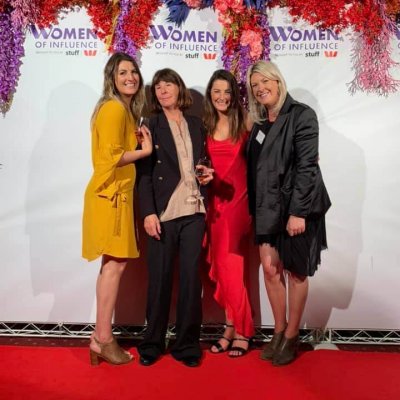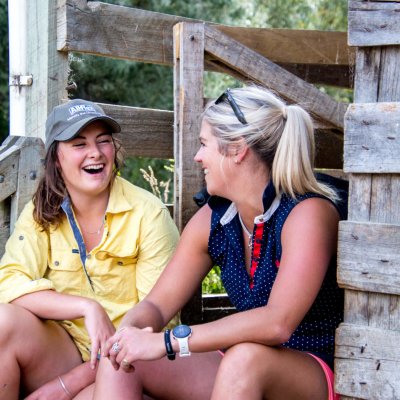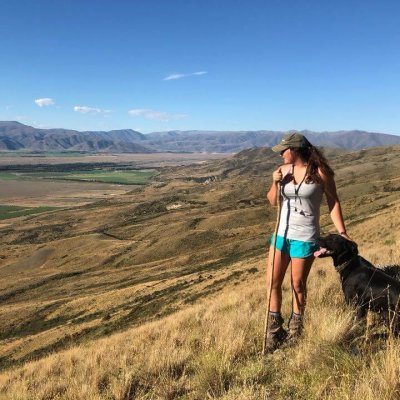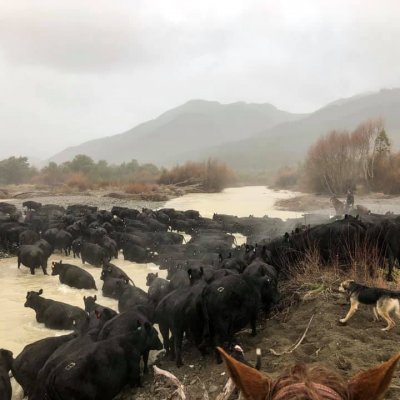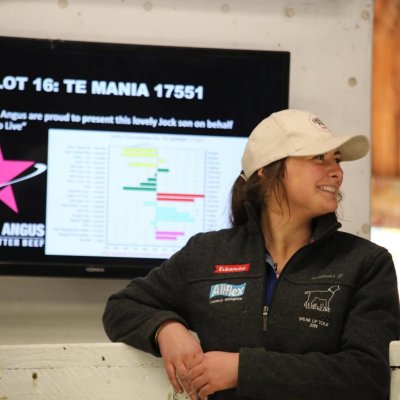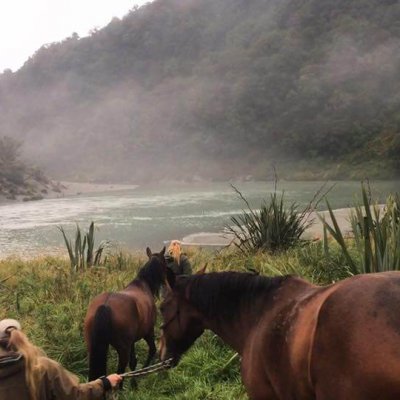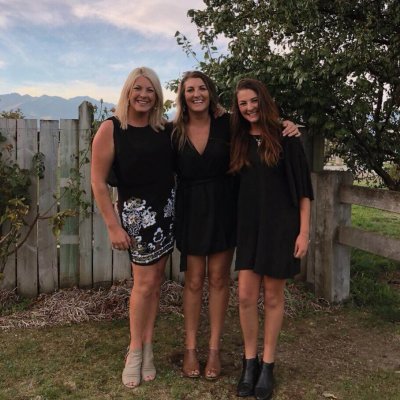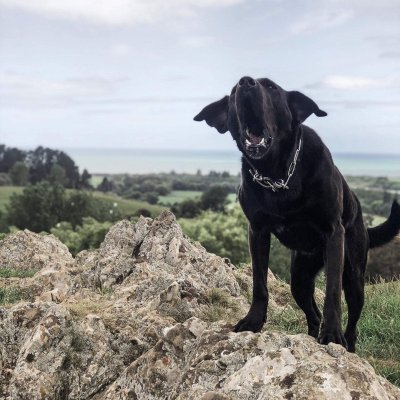Elle knows a thing or two about resilience, dedicating herself as an advocate for mental health in rural communities. Drawing on her experience of personal loss after her partner took his own life, the Canterbury woman has since founded charitable organisation Will To Live . This movement seeks to save lives by educating, inspiring and supporting farmers to open up conversations about mental health. Elle has since become a familiar face in the media, hosting the Speak Up Tour with 17 events nationwide as well as being a Finalist for the Women of Influence Awards.
When asked what concerned Elle about the health and safety of those in rural industries and communities, she highlighted isolation, stress, fatigue and not being able to the leave the farm as prominent factors that contribute to positive or negative mental health. In addition, being accepting of those who choose to express their emotions, as well as taking the time to listen to our own – Elle recommends that all workers and employers be proactive in opening up honest conversations about mental health and in order to inspire and learn from one another.
How would you describe yourself in three words?
Empathetic, idealistic and resilient.
Tell me something interesting about yourself...
I’m a passionate sheep and beef farmer originally from the wet West Coast of the South Island. I’m a horse and dog enthusiast, and have always been grateful for the beautiful outdoors of New Zealand. I am an advocate for and practice holistic natural health with aspirations to help improve mind and body wellbeing for all hardworking rural people. In 2018, I started a rural mental health charity called Will To Live, which aims to educate, inspire and provide support for farmers.
What's one achievement you are most proud of?
Establishing the Will To Live campaign, I didn’t know how the industry was going to react to a young female talking about mental health. After I lost my partner to suicide in 2017, I soon realised I wasn’t the only one with a horrific loss and that little old NZ has the worst suicide rate in the world. I didn’t know what support was around for young rural workers facing issues at work, let alone their personal problems. We’re very isolated from any support services so I then came up with the thought of hosting the Speak Up Tour. In 2019, with the help of my sisters, we completed 17 events nationwide in isolated rural towns. Our events were a casual, informal and relatable evening over dinner with a range of guest speakers from physiologists to farmers – all sharing their inspirational stories with mental illnesses and how they came out the other side. We held the events in local pubs in an environment that farmers were comfortable with. We know how hard it is to get off the farm during lambing, calving and busy summer periods, and it’s tough enough to get a day off work to go see someone – let alone how daunting it is to tell your boss ‘why’ if it’s related to mental health. We are doing our best to erase a stigma that has been stuck in NZ rural communities for generations – otherwise known as the ‘she’ll be right’ and ‘harden up’ attitude towards things. We need to be more accepting of expressing and learning from our emotions. It is essential to be healthy.
What makes you truly happy?
Riding out into the hills on my horse with my dogs shortly behind me, across rivers and down the beach. It is my tool to escape and reset. Training animals can be incredibly frustrating at times, but when they do something you ask of, and it’s something that you taught them – it is super rewarding.
What do you love the most about being a rural woman?
Being outside with animals, hands down. We are super fortunate to be born and raised on farms with the freedom to roam. When I drive into towns and cities, I couldn’t imagine what it would be like growing up there. I love meeting other rural women with the same interests… where our weekends don’t consist of catching up over a brunch, but loading the nags and trekking out to a new hut, hunting, boating etc.
Tell me about a time when you felt worried about your own or someone else’s health, safety or wellbeing on the farm, boat or in some other aspect of rural life.
On the West Coast we swim cattle and horses through pretty high rivers. We’ve started to be more cautious with wearing life jackets when we ride across and also on the boats. It only took one incident to make everyone act differently and that’s what I get worried about with the ‘she’ll be right’ attitude.
What practical things did or could you, your partner and / or others do to prevent someone from getting hurt?
I get worried about farmers who I see stuck out on the farm for months on end, enduring busy periods without a day off and who find it hard leave the area. Yes, physical safety is important on the farm, but so is being mentally healthy. Fatigue, stress from animals, financials, relationships, staff, weather – the list goes on – all have an impact. I like to try and get them away for half a day or as long as I can. If they can’t leave, I’ll bring them something as well as offer free labour to help them out for a few days and get them back on track. Little things can make big difference.
"Ask your colleagues and friends in the industry how they are really going, how their sleep was and what they’re finding hardest on the farm."
Elle Perriam, Banks Peninsula, Canterbury NZ Tweet this
Is there a time, place or scenario when your partner / workers are more willing to make changes to the way work is done?
I believe as stock managers and farm managers, we need to be aware of our leadership style and how we treat and communicate with our staff members. If we can establish trust and confidentiality in the workplace then staff retention and loyalty will improve. A classic example was a young North Island shepherd who told me they got talking about Will To Live around the tailing pen which encouraged the manager to step up and speak of his mental health illness as a young fellow. Before he finished, he said to the eight other young males “If there’s anything I can do for you boys, never hesitate to ask, the doors open”. Simple effective conversations at work like that can save lives.
If you could give any advice to another rural woman about work health and safety in rural industries, about influencing change in business - or just in general - what would it be?
To influence change in any business or industry, I think it’s important to start with the ‘why’. You are trying to get buy in from others, so we need to be aware of what needs to change but also WHY it does. Ask your colleagues and friends in the industry how they are really going, how their sleep was and what they’re finding hardest on the farm.
